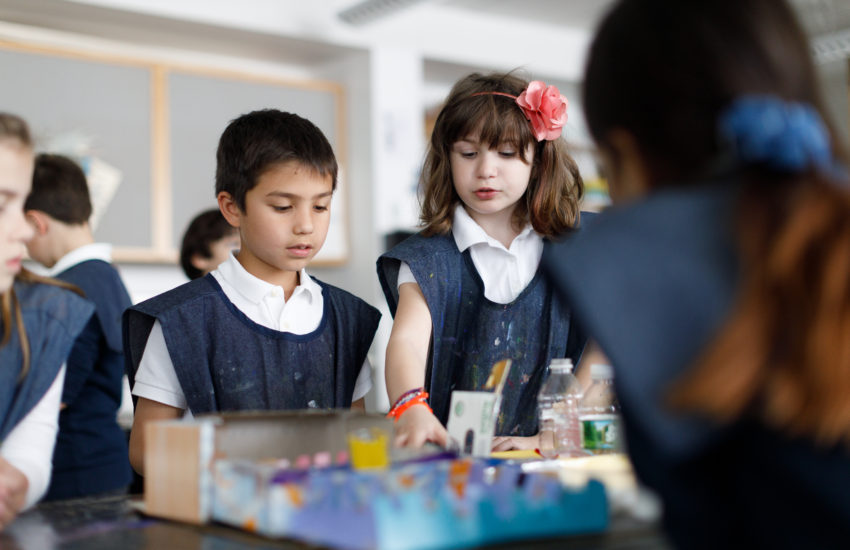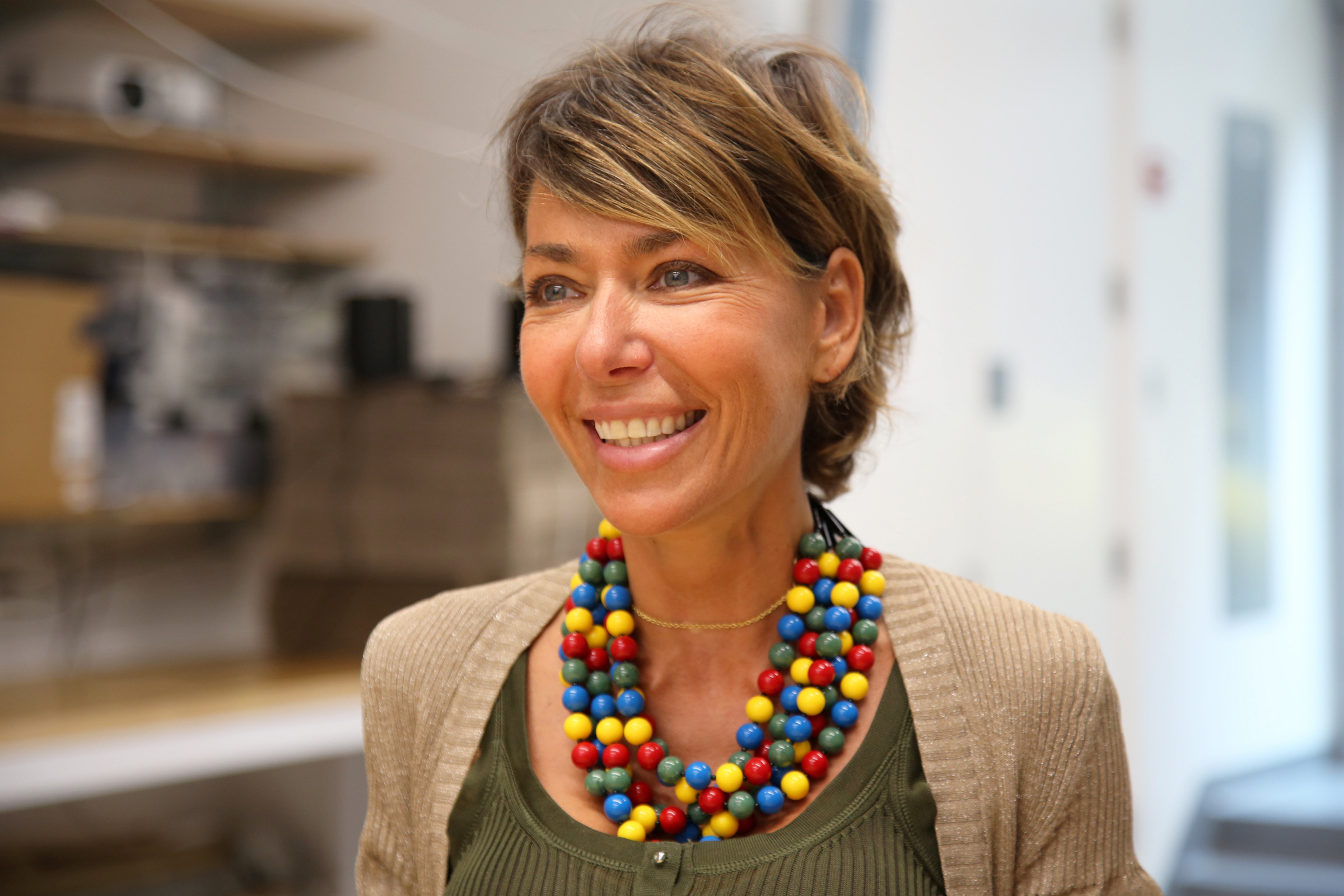In this series of videos, Vannina Boussouf, Assistant Head of School and Director of the Primary School, explains why starting early is the best strategy for bilingual development in children. We hope you enjoy watching!
- What is bilingualism?
At least half of the global population is bilingual or plurilingual. Growing up speaking more than one language is a day to day reality for millions of people around the world. Nevertheless, it is very difficult to give a precise definition of bilingualism. Although simple at first glance, this word represents a rather complex phenomenon. Are we bilingual if we understand a language but do not speak it? Are we bilingual if we master a language orally but are incapable of reading it or writing it? Are we bilingual if we are able to understand, speak, write a language but we never use it?
These questions demonstrate to the need to consider all aspects of a language: from understanding to oral production, from understanding to written production. Indeed, the current research is based on the fact, observed by many researchers, that the bilingual individual uses each of his languages for different functions and that the use of a language is very specific to a given context. In fact, we could say there are as many ways to live one’s bilingualism as there are bilingual individuals. For this reason, the definition I prefer is a functional definition given by the French linguist François Grosjean who describes as bilingual, people who use two or more languages in their everyday lives.
This concept of bilingualism considers the bilingual individual as the place where two languages and two cultures come in contact with each other, meet and melt into a new entity. From this perspective, the children who grow up with two languages, valued or not, learned simultaneously or consecutively, will always qualify as bilingual.
To learn more, watch the rest of the series:
What are the advantages for a child in becoming bilingual?
What are the best educational choices for a bilingual/multilingual family?
What are the most important factors to consider for a bilingual child’s education?
Is it easier to become bilingual starting at a young age or later in life?
Should we expect the same level of fluency in both languages?
Is it preferable for a child to learn two languages simultaneously or consecutively?
How can I be sure that my child’s language development in each language is progressing normally?
About the Author :
Vannina Boussouf grew up on the Mediterranean island of Corsica, where bilingualism is an integral part of identity. She studied English and Spanish at the University of Corsica, and philology and letters in Cordoba, Spain, before starting a career as an elementary teacher and administrator. Vannina relocated to the United States in 2004, where she taught at the International School in Louisiana. She joined the Lycée in 2007 to direct the Primary School, and during her tenure, she has focused on innovative teaching methods that support the development of the whole child in a bilingual setting.


